Recent
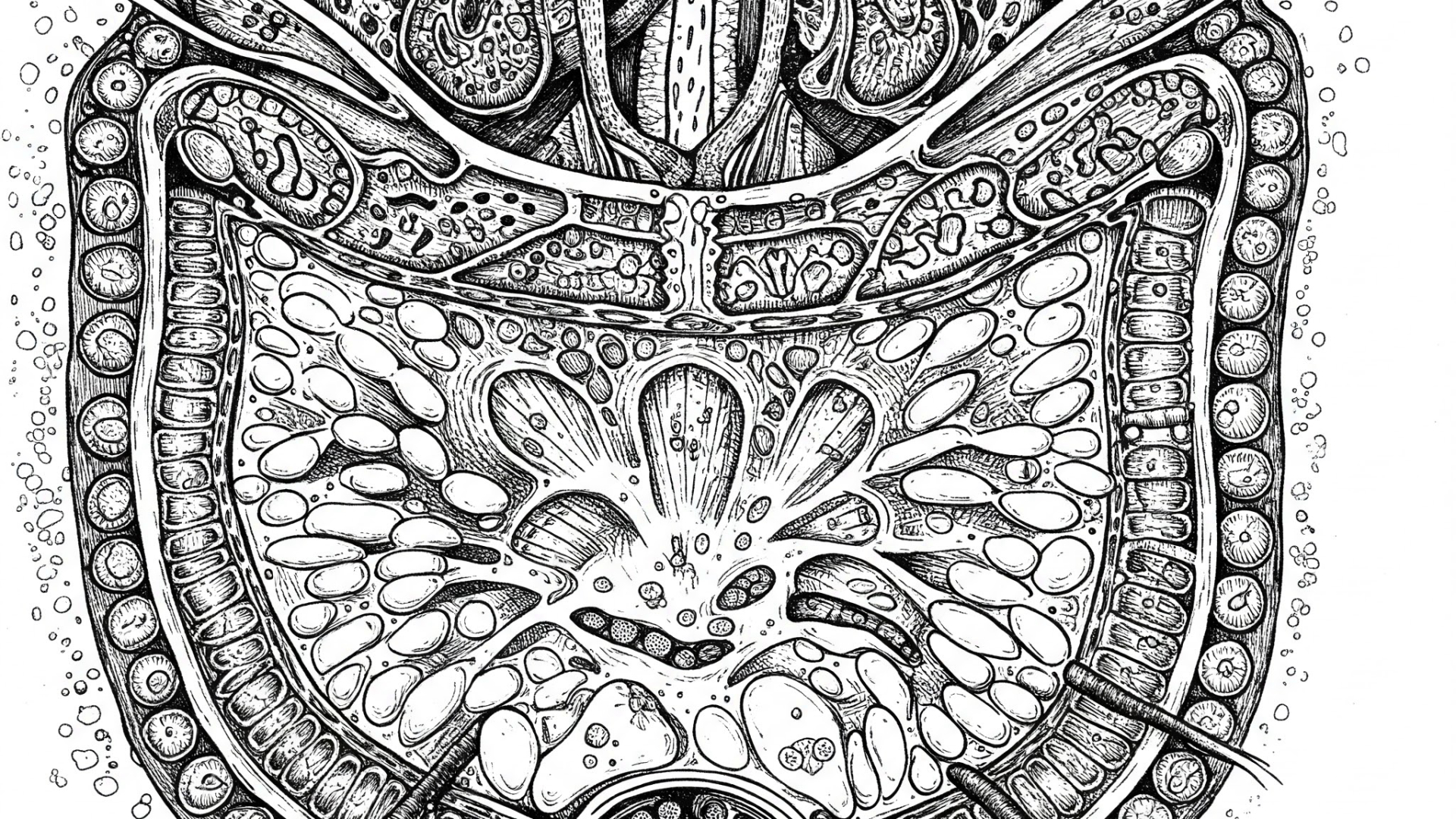 Written on 03/07/2025
Written on 03/07/2025
What Are Centromeres and Telomeres? Exploring Their Structure, Function, and Role in DNA Replication and Cell Aging.
Ever wondered how our genetic material, DNA, is organized and protected within our cells? Two key structures play vital roles in this process: centromeres and telomeres. Let's dive into their fascinating world and understand their significance in cell division and the aging process. Read more
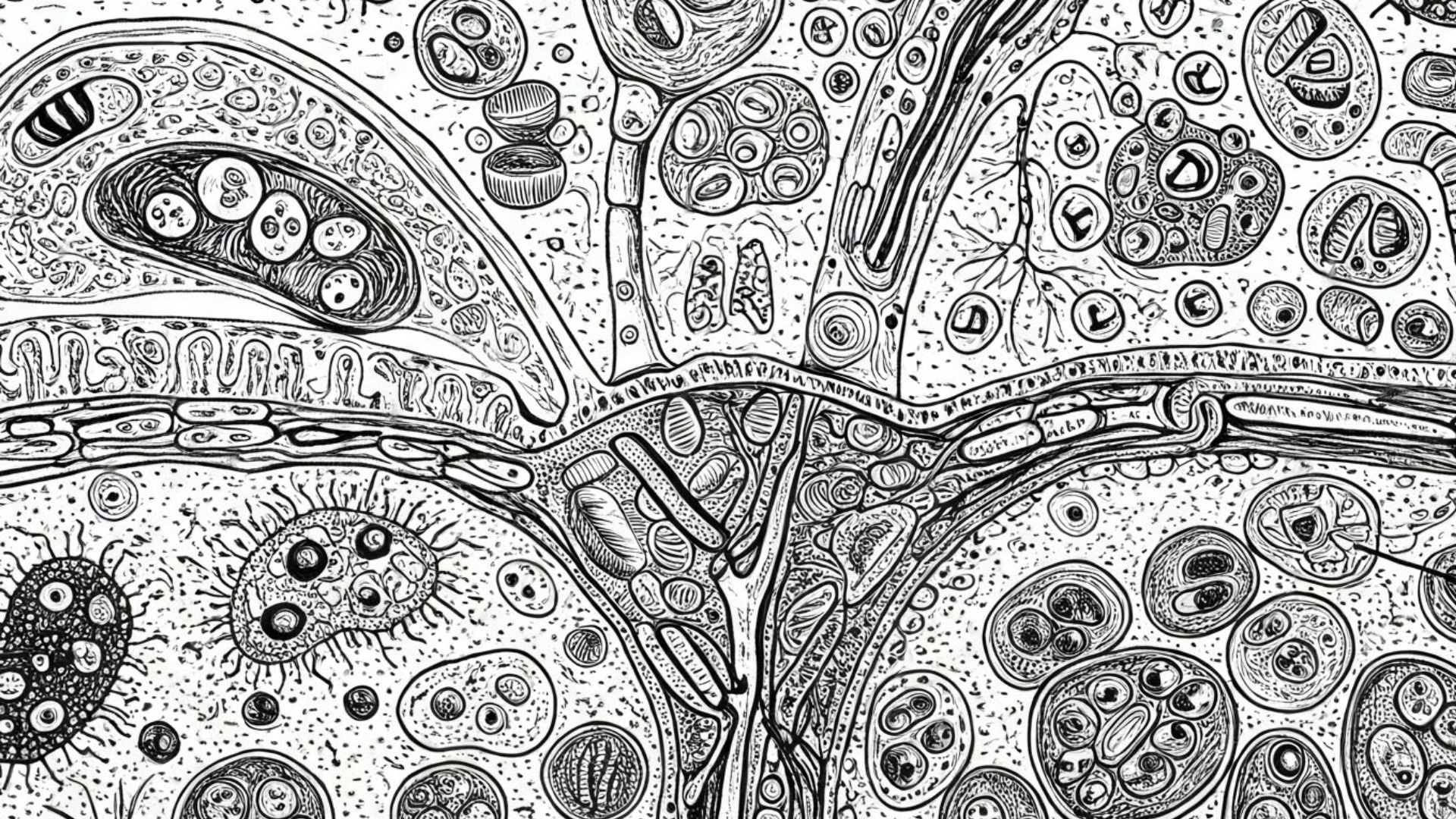 Written on 03/06/2025
Written on 03/06/2025
What Are the Core Tenets of Cell Theory, and How Do Prokaryotic and Eukaryotic Cells Differ?
Let's break down the word "biology." As the study of etymology tells us, "bio" means life, and "logy" (from "logos" or "logia") means the study of. So, simply put, biology is the study of life. And what's the basic unit of life? You guessed it – the cell! Our bodies are made up of around 100 trillion cells – pretty mind-blowing, right? Read more
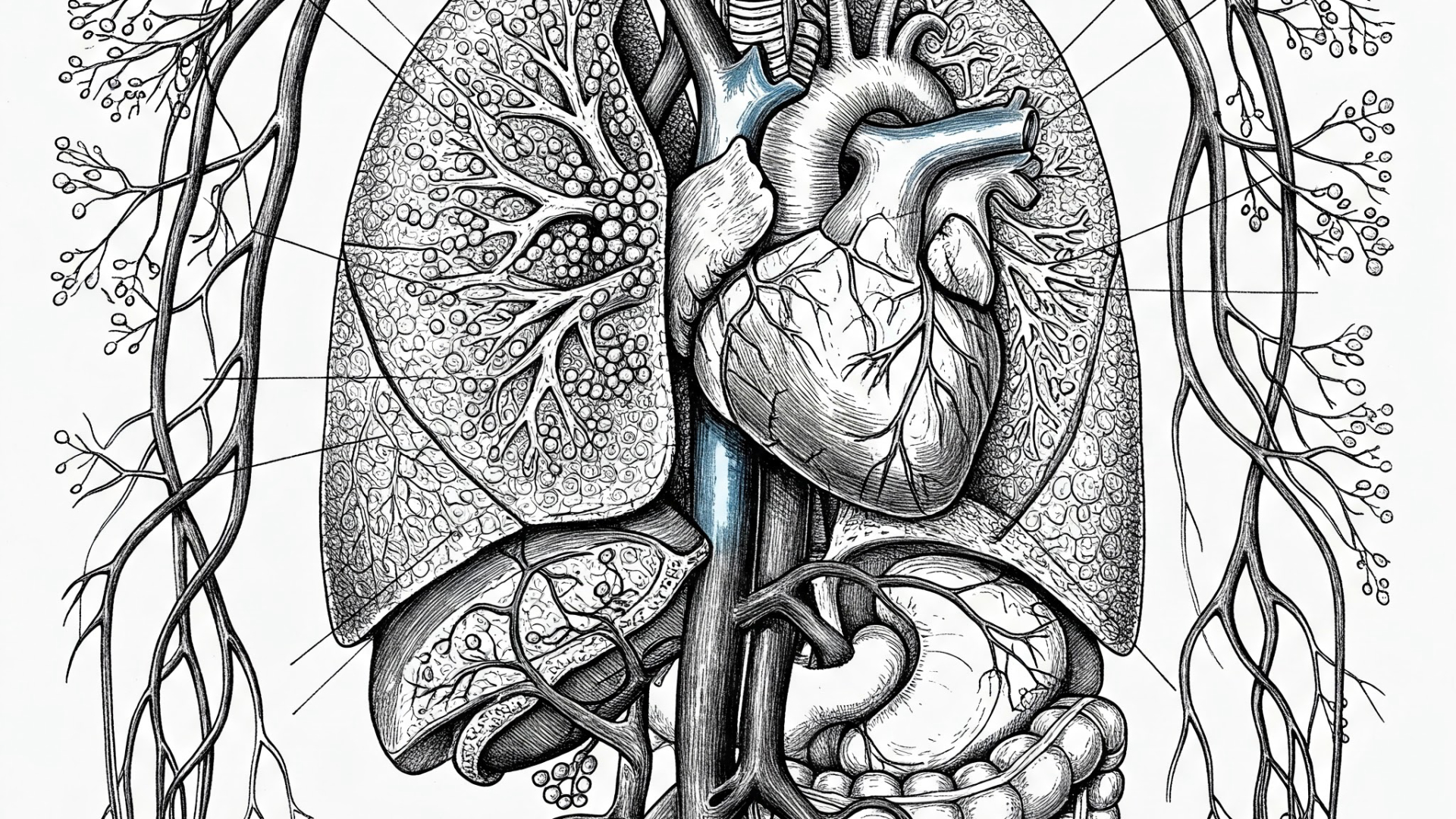 Written on 03/05/2025
Written on 03/05/2025
How Do Ventilation and Perfusion Differ Across Lung Zones, and What Are the Implications of V/Q Mismatch in Respiratory Health and Disease?
Understanding how air and blood flow work together in your lungs is key to grasping respiratory health. This post dives into the concepts of ventilation (air in) and perfusion (blood flow) in the lungs, exploring how they vary and why these differences matter. Read more
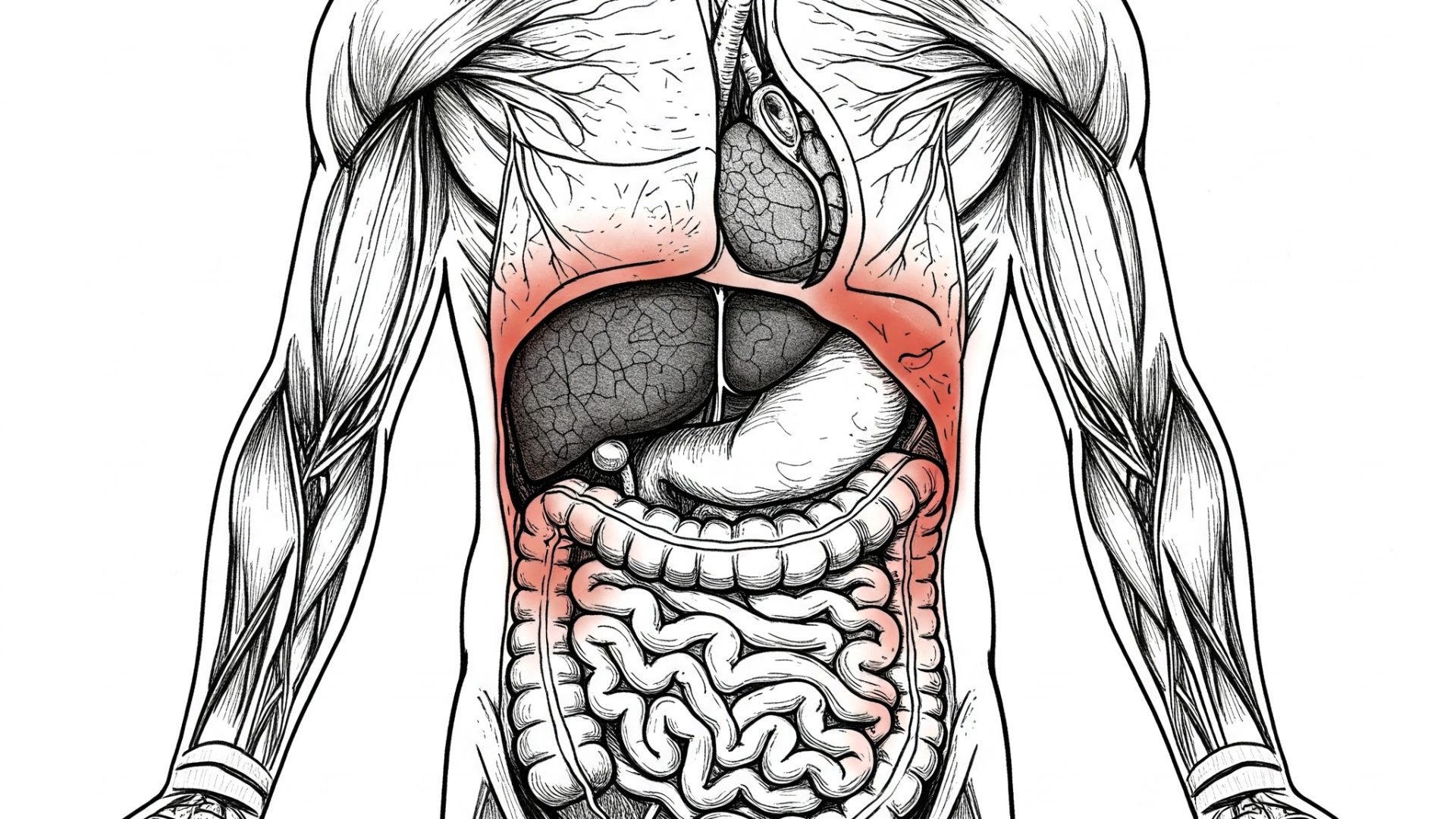 Written on 03/04/2025
Written on 03/04/2025
What Is Niacin, What Are Its Functions, What Happens in Deficiency, and How Is It Treated?
Niacin, also known as vitamin B3, nicotinic acid, or nicotinamide, is an essential water-soluble vitamin with a fascinating dual role in the human body. At lower doses, it acts as a crucial vitamin, while at higher doses, it exhibits properties that make it an effective treatment for hyperlipidemia (high cholesterol). Read more
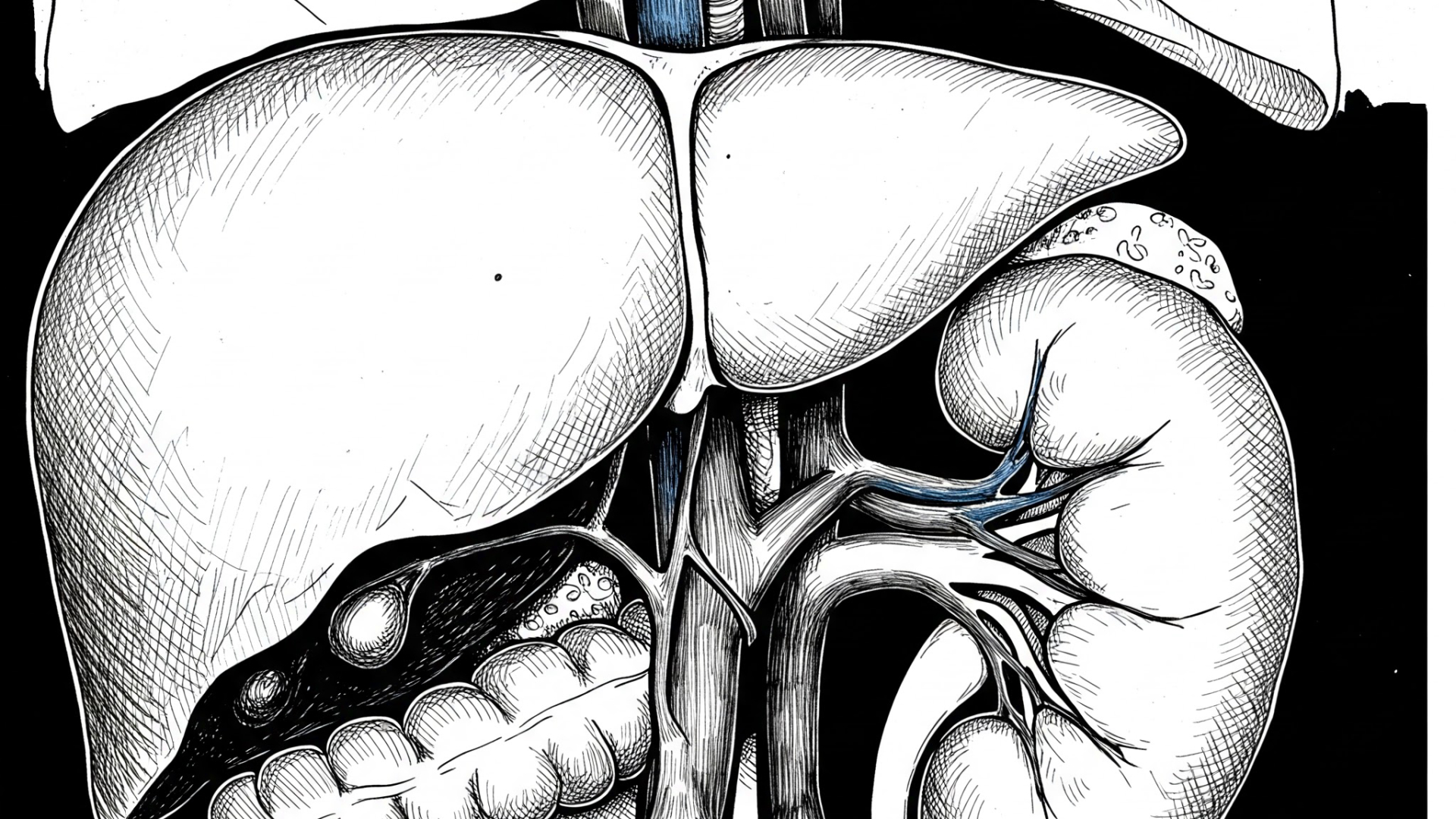 Written on 03/03/2025
Written on 03/03/2025
What is Hepatorenal Syndrome? Understanding the Liver-Kidney Connection, Symptoms, and the Role of Vasodilation and Renin?
Let's dive into hepatorenal syndrome, a serious condition where a problem in the liver leads to kidney dysfunction. As the name suggests, hepato refers to the liver, and renal refers to the kidney. Understanding this connection is crucial for recognizing and managing this syndrome. Read more
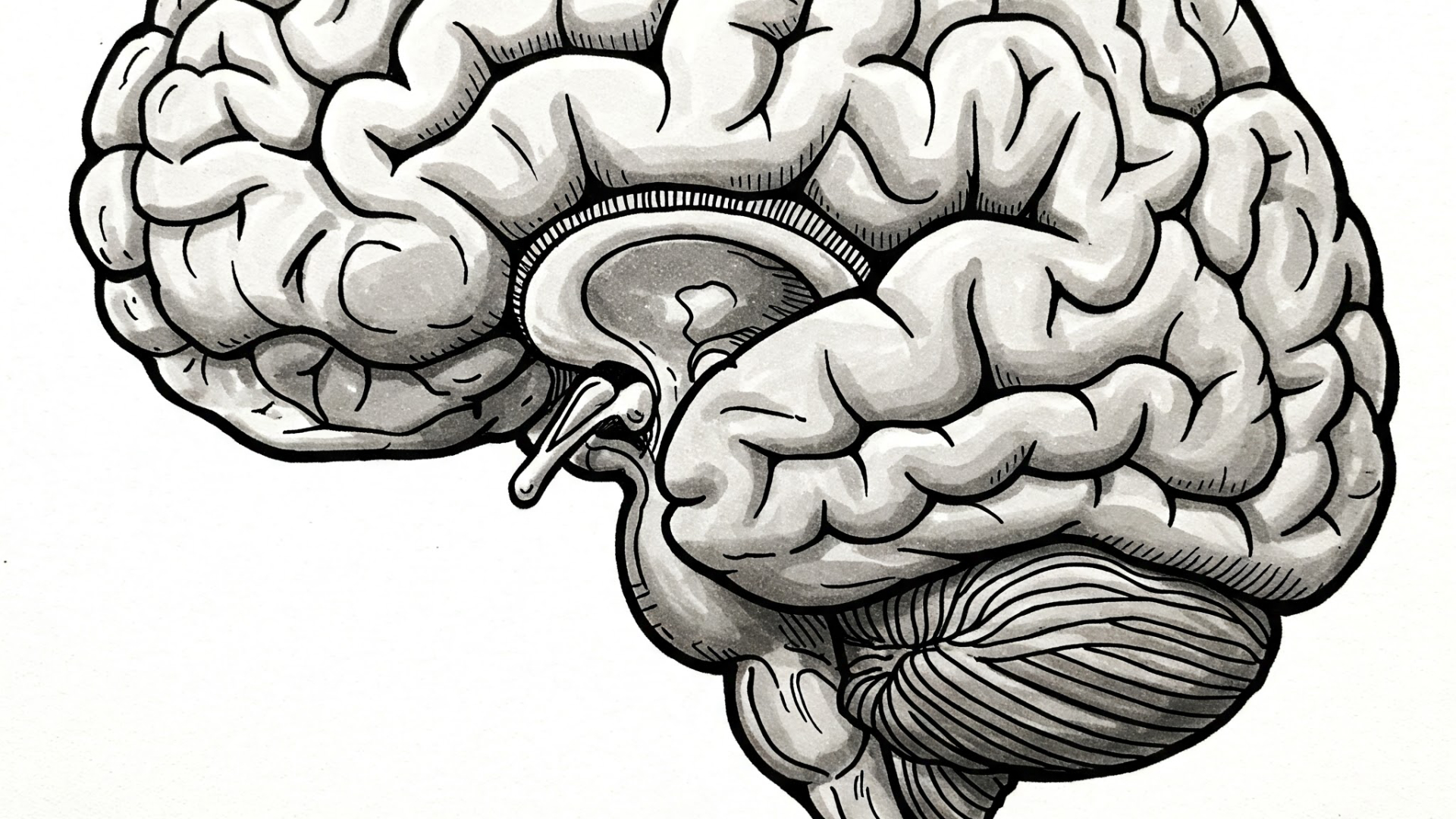 Written on 03/02/2025
Written on 03/02/2025
What is Korsakoff Syndrome, its causes including thiamine deficiency and alcoholism, key symptoms like amnesia and confabulation, affected brain regions, diagnosis, and treatment with vitamin B1?
Ever wondered about a condition that intricately links memory, nutrition, and even excessive alcohol consumption? Let's dive into Korsakoff Syndrome, a fascinating yet serious neurological disorder. Read more
 Written on 03/01/2025
Written on 03/01/2025What Are Common Urine Crystals and Their Shapes? (Calcium Oxalate, Cysteine, Struvite, Uric Acid)
Have you ever wondered what those tiny particles in urine sediment under a microscope could mean? Identifying urine crystals by their distinct shapes can provide valuable clues about the type of kidney stones a person might have. This is a high-yield topic, especially for medical board exams! Read more
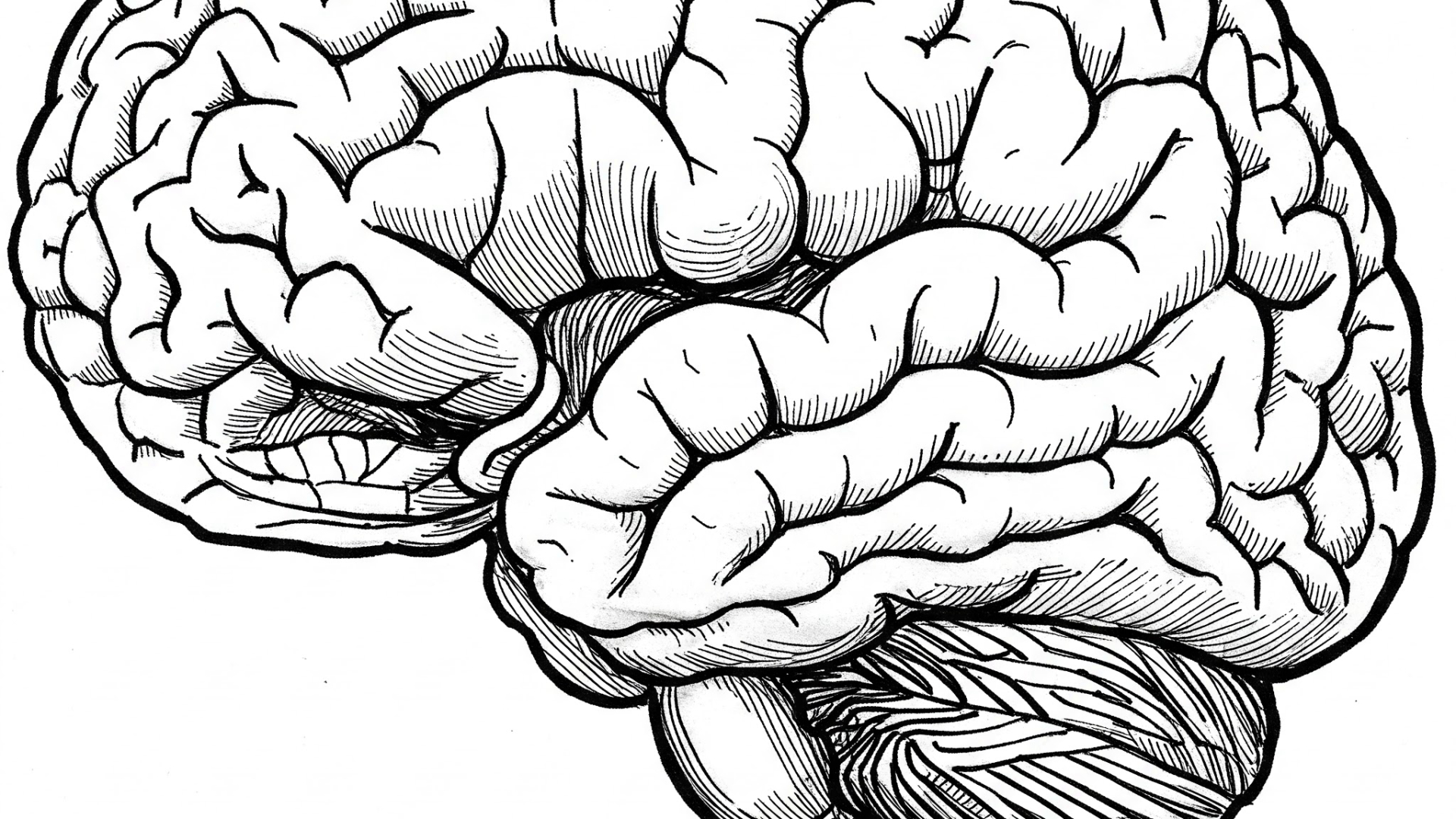 Written on 02/28/2025
Written on 02/28/2025Sequence vs. Syndrome vs. Association: Understanding Key Medical Terminology?
Ever get tripped up by medical terms like sequence, syndrome, and association? You're not alone! These words describe how different health conditions can occur together, but they each have a distinct meaning. Let's break it down. Read more
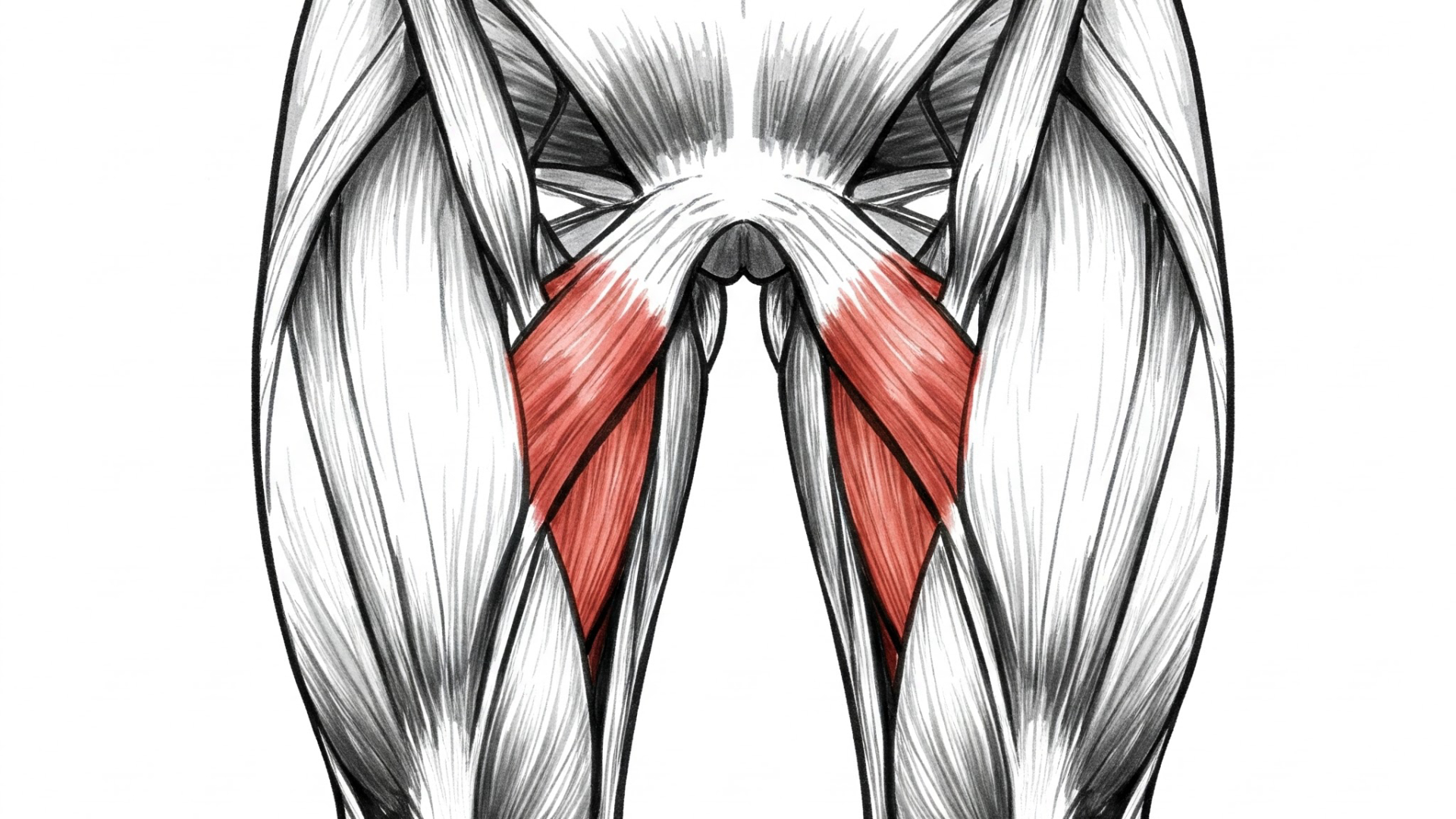 Written on 02/27/2025
Written on 02/27/2025How Do You Determine R vs S Configuration of a Chiral Carbon Based on Atomic Priority and Spatial Arrangement?
In organic chemistry, understanding the spatial arrangement of atoms in a molecule is crucial, especially when dealing with chiral molecules. Chiral carbons, those bonded to four different substituents, can have two non-superimposable mirror images called enantiomers. To distinguish between these enantiomers, we use the R/S system of absolute configuration. But how exactly do we determine if a chiral carbon is R or S? Read more